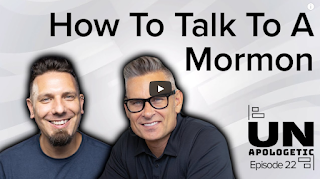So here I am, Trying to use words: Consolation from TS Elliott
My blogging efforts have given me an excuse to read more broadly and expand my understanding of the world. This has been very enriching for me personally, and I hope others can enjoy the content too. But with respect to the public-facing aspect of blogging, I feel inadequate in my understanding since I only began this part of my intellectual journey a few years ago and only in my spare time (which is not much). And I feel even more inadequate in my capacity to organize my thoughts into words in a way that will be meaningful to anyone but myself. I am not a connoisseur of poetry, but I happened across a stanza from TS Elliott’s Four Quartets that almost perfectly describes my feelings about writing and even my motivation, and offers consolation in my inadequacies compared to much greater intellects who have written on the same topics so much more eloquently in the past. So here I am, in the middle way, having had twenty years— Twenty years largely wasted, the years of l'entre deu


